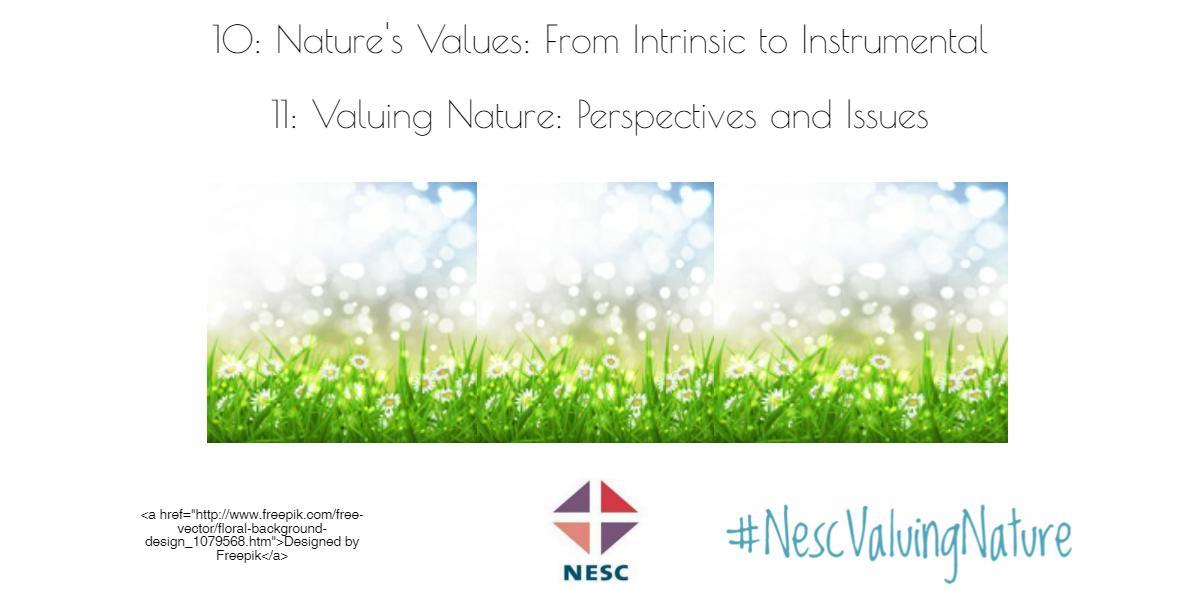You are here: Home > News & Events > NESC publishes research series Nature’s Values: From Intrinsic to Instrumental and Valuing Nature: Perspective and Issues
NESC publishes research series Nature’s Values: From Intrinsic to Instrumental and Valuing Nature: Perspective and Issues
- 19 April 2017
- Types: News

As part of NESC’s work on sustainable development, two papers were commissioned in 2016 on aspects of ‘natural capital’ and the debates on valuing nature:
- Nature’s Values: From Intrinsic to Instrumental by Dr Craig Bullock; and
- Valuing Nature: Perspectives and Issues by Dr Patrick Bresnihan.
These are available now as part of our Research Paper Series.
These papers outline the key themes in the social science and environmental literature on valuing nature, and identify critical issues. Natural capital refers to the elements of nature that directly or indirectly produce value for human society. The ongoing destruction of natural capital has reached a stage that poses risks to future prosperity and well-being. The natural capital approach proposes that it is important to recognise the economic value of nature’s contribution to the economy and society in order to secure future prosperity. However, valuing nature raises many philosophical, ethical and practical questions.
Dr Bullock’s paper, ‘Nature’s Values: From Intrinsic to Instrumental’, introduces and describes the relationship between people’s values and the natural environment, specifically natural capital and ecosystem services. It examines two of the main disciplinary perspectives on values, namely the treatment of values within neoclassical economics and the case for a plurality of socio-cultural values put forward by such disciplines as social psychology and ecological economics. Various methodologies for eliciting these values are introduced in this paper. Finally, some observations are provided on the relationship with sustainability, quality of life and environmental accounting.
Dr Bresnihan’s paper, ‘Valuing Nature: Perspectives and Issues’ explores some of the arguments supporting the uptake of the Natural Capital approach and ways in which they are contested. It outlines how there continues to be different and nuanced perspectives on how and whether nature should be valued in economic terms and how these values should be translated into conservation strategies. It raises the potential for a wider debate on diverse ways of viewing, valuing and organising nature that have been somewhat ignored in recent decades.
NESC intends to return to this research area in the near future and hopes to convene a workshop to explore the issues with interested stakeholders later this year.


